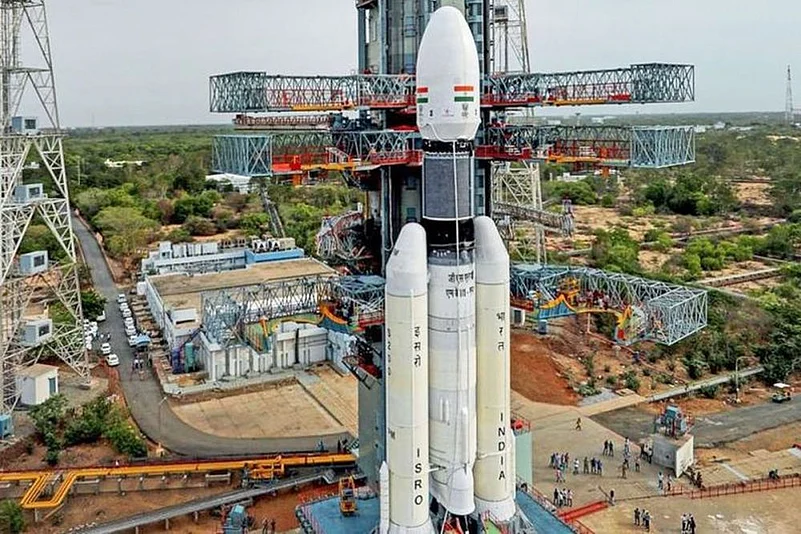India will have its own SpaceX like ventures in two years as the Union government is set to promote satellite manufacturing and to allow a greater role of private players in the space sector as its close to finalising its New Space Policy, according to the government's top scientific adisor.
Ajay Kumar Sood, the Principal Principal Scientific Advisor to the Government of India, said that the full potential of the space sector remains untapped and the government will encourage private manufacturing of satellites for a range of applications from health care, agriculture to urban development and property tax estimation.
Sood said in an interview to PTI that consultations have taken place and the final version of the New Space Policy would soon be referred to the Empowered Technology Group for further examination.
He said, "Space policy is in the works. We have not been using it much, but the new technology of low earth orbit (LEO) satellites. That is a low cost game.
"There are a huge number of satellites in LEO. That will change the space sector. We have not tapped the full potential of this sector. In 2022, the space sector is witnessing what the information technology sector experienced in the 1990s. We will have our own SpaceX in the next two years."
SpaceX, founded by Elon Musk in 2002, is a private space transportation company that designs, manufactures, and launches advanced rockets and spacecraft, and it is the world's leading and most recognisable private space company.
Sood said there were immense opportunities for use of space technology for the benefit of humankind but there were limitations on what Indian Space Research Organisation (ISRO) could do.
He added, "New launch vehicles are being developed, new fuels for spacecraft are being developed. This will connect the unconnected. That is the theme – connect the unconnected – that will happen when we open up the space sector."
With the opening up of the space sector, there could be dedicated satellites for various sectors such as agriculture, education, disaster management, e-commerce applications, said Sood.
He added, "Edusat was launched in 2004. The second version has not been launched yet. So, why not let the private sector come into the business? That will happen. For the agriculture sector, we can have satellites that can give information about climate, soil conditions. It can be called. E-Krishi, The thought process is already on. What is lacking are the satellites."
At present, the share of India in the the global space economy of around $423 billion is just 2-3 per cent, according to industry estimates.
Morgan Stanley estimates that the global space industry will expand up to one trillion dollars by 2040.
(With PTI inputs)






















